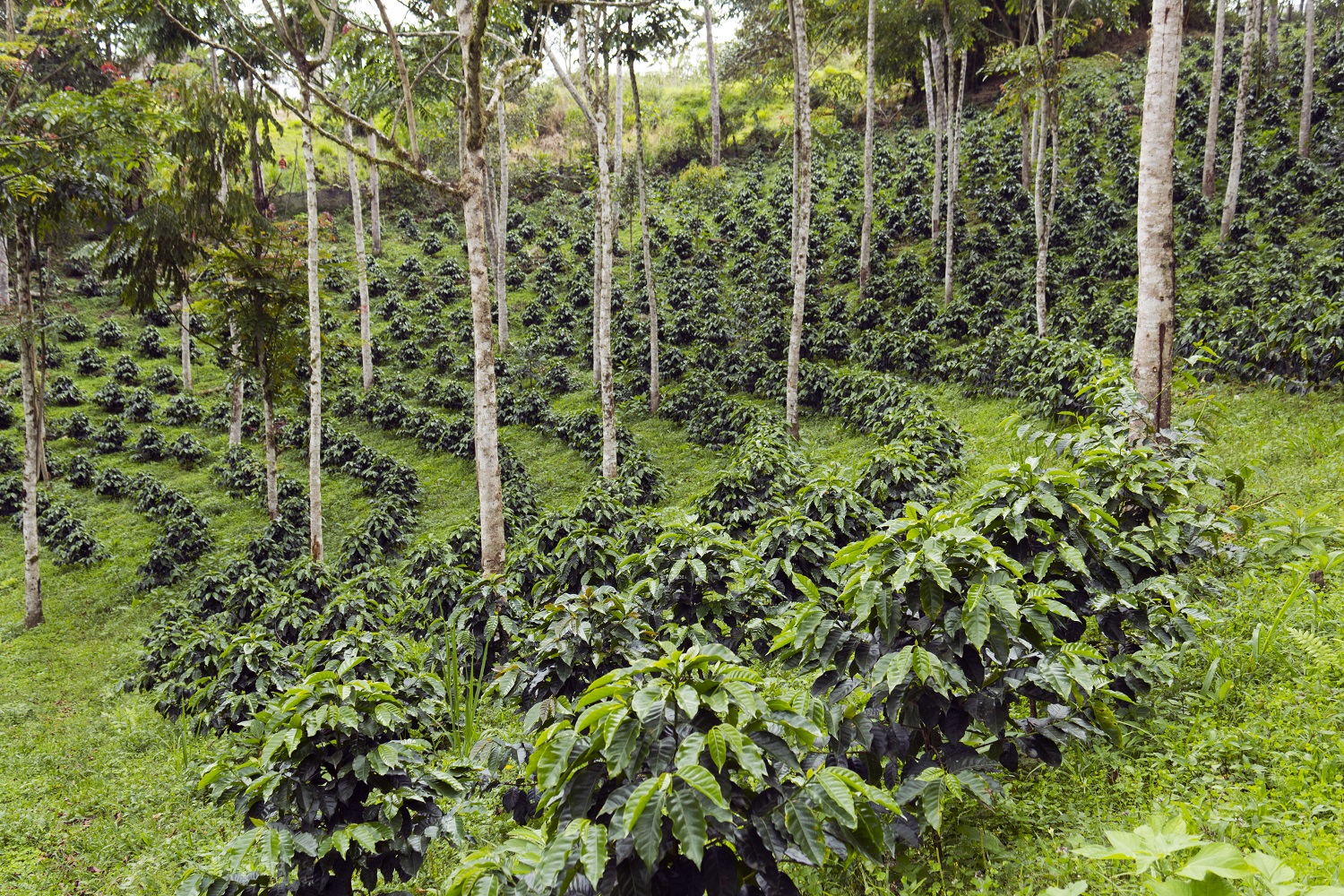
The world is shifting towards all things organic. And when we talk about organic coffee, it certainly works for a lot of people around the world.
So is it worth it? The answer is “Yes!”
All things developed without chemicals and synthetic fertilizers are naturally better. By drinking organic coffee, you can prevent harmful substances from making their way to your cup of coffee every day. If you work in or run an office, you may want to consider hiring a coffee machine for your employees so that they can also reap the benefits and get that hit of caffeine for their workday helping their productivity.

Facts about Organic vs Conventional coffee
An organic product is essential to many coffee lovers because generally, coffee is one of the most insecticide-spurted crops around the globe. Coffee beans are worth much more than other crops like soy, wheat, or corn. To cope up with the rising global demand for coffee, farmers have a reason to increase production using whatever insecticides, pesticides, or other chemicals that they can get their hands on.
Why is Organic Coffee considered healthy?
The pesticides that are forbidden in the US and EU, are still used by farmers in coffee-growing countries and regions, mainly due to poor implementation of laws and regulations. So, it’s a general insight that organic coffee is more natural and healthy. This might be something to consider if you do consider buying office coffee machines in Denver or your local area then you might want to consider organic coffee as the coffee you purchase along with a coffee machine.
Benefits of Drinking Organic Coffee
Good Health: Your body reaps the benefits of organic coffee because it is free of radicals and pesticides used in farming. It reduces the risk of incapacitating aging effects. Moreover, it is associated with a lesser risk of getting cancer, diabetes, heart-related problems, neuromuscular diseases, prolonged lethargy, high blood pressure, stress, and other medical conditions.
Great for Environment: When artificial chemicals are not used in farming, the soil, air, and water are protected
The well-being of Farmers: The farmers are not exposed to toxins and chemicals that are normally used for regular coffee-farming. It benefits their health and wellbeing this way.
The best part about drinking organic coffee is that it gives you the same flavor and aroma as conventional coffee, plus the added health benefits. Try these coffee brands that offer organic coffee if you haven’t explored the world of organic coffee yet.

Certified Organic DOES Contain Fertilizers and Stimulants
Organic coffee generally means that 95% of the coffee beans have been harvested and processed under an organic environment.
To be Certified Organic, a crop must be:
- Grown without using the prohibited chemicals and techniques, such as genetic engineering and sewage sludge.
- Secondly, it should be supervised by a USDA National Organic Program-certified representative.
There are some permitted chemicals and fertilizers, too. Even the USDA approves the use of various artificial fertilizers and pesticides in the organic coffee-growing process.
Certified Organic Coffee and Fair Trade Practices
Organic coffee is a rising trend today. It is being produced in more than 40 countries, including the United States (Hawaii). The development is powered by the universal organic food movement and by the implementation of fair trade procedures.
As far as certifications are concerned, a lot of organic coffees are in reality not certified, mainly due to the monetary costs involved for the farmers. The official recognition process could be costly and may involve certification for the whole food chain comprising the grower, the use of sustainable coffee roasters, and shipment through trucking firms. This is way beyond the resources of small farmers in third-world countries.
Varieties of Organic Coffee
Here are some different varieties of organic coffee:
1. Organic Shade-Grown Coffee
This variant is grown in the natural shadow of tropical jungles without dissipating land for farming. Progression is slow, but the coffee is full of flavor and more characterized in flavor as well.
The major advantage of this coffee is that no forestry is affected, and of course, no pesticides are used. It is better off in flavor than its regular counterpart. This type of organic coffee has less obtainability and that’s why it is expensive than other variations of organic coffee.

2. Organic Bird-Friendly Coffee
This is almost the same as Organic Shade-Grown Coffee, with the change that this is predominantly apprehensive with conserving the natural habitation of birds.

3. Organic Kona Coffee
Organic Kona Coffee is produced on the lush volcanic soil of the Kona district in Hawaii. It is grown in farmlands that don’t use artificial fertilizers and stimulants. They are completely reliant on the richness of the soil (supplemented by volcanic residue and volcanic emission), organic stimulants, and biotic pest control techniques.
Important Note for Kona Coffee: Kona coffee has a different flavor because of the temperature and soil in Hawaii. While Organic Kona Coffee is a delicacy itself, the Pea-Berry range is the finest. Also, always look for the record for legitimacy and “100% Organic Kona Coffee” on the packaging. Many hoaxers are selling ordinary coffee with the Kona tag.

4. Organic Green Coffee
This Coffee is produced from coffee plants that mature naturally. Green coffee is acquired from fresh coffee beans which are not heated. No artificial stimulants are used in the process. Good soil, right elevation, temperature, and processing give this coffee a distinct taste. It is a rich source of antioxidants and boosts digestion.

Our Final Word on Organic Coffee
Organic coffee not only benefits your physical health but your mental health as well. Knowing that you kick-started your day with something healthy will give you a natural psychological boost that could result in better productivity for the rest of the day.
America is a nation of coffee lovers. Keeping into consideration the health and environmental benefits without having to compromise on the taste, aroma, or flavor of your drink, organic coffee is certainly worth it!

